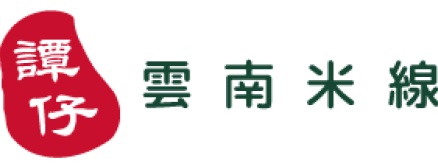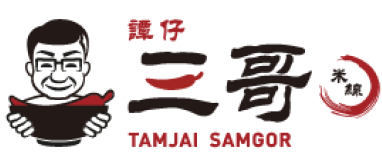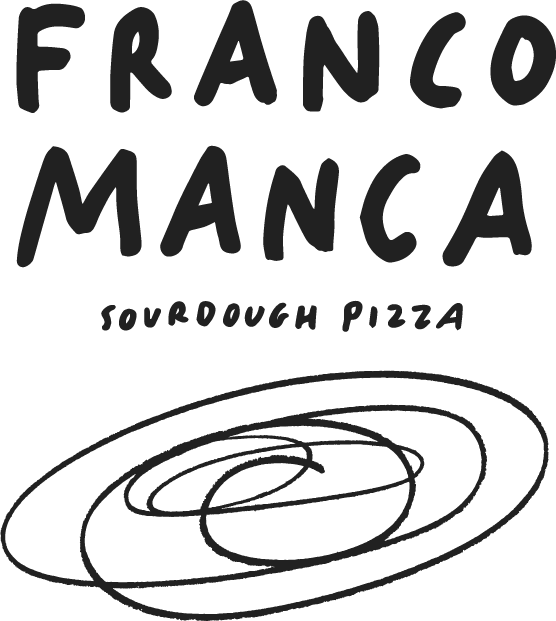Due to climate change and other factors, the frequency of extreme weather events around the world continues to increase, and various ecosystems are being affected. The Toridoll Group recognizes that the impact of climate change, including an increase in natural disasters, is one of the major risks to business.
Large-scale floods, typhoons, and other natural disasters, as well as the tightening of environmental regulations, may interfere with the stable procurement of raw materials, or cause store closures or shortened operating hours due to damage to store facilities. make it difficult to continue
On the other hand, we believe that the introduction of environmentally friendly equipment and the provision of products and services at stores will also lead to opportunities such as reducing business costs.
The Toridoll Group will continue to work to reduce CO2 emissions in order to keep the temperature rise below 1.5°C while facing the risks caused by climate change.
CO2 Emissions Reduction Goals and Results
As one of our environmental management targets, our Group is aiming for a CO2 emissions intensity of 0.6t-CO2 / million yen in 2025 and has set a goal of reducing CO2 emissions by 1% or more each year as its mid-term environmental plan.
CO2 Data from TORIDOLL Group’s Primary Businesses
2013 Fiscal Year | 2014 year | 2015 year | 2016 year | 2017 year | 2018 year | 2019 year | 2020 year | 2021 year | 2022 year | 2023 year | 2024 year | |
|---|---|---|---|---|---|---|---|---|---|---|---|---|
Sales | 71,513 | 78,734 | 89,315 | 93,881 | 101,409 | 104,815 | 113,251 | 96,055 | 119,664 | 126,837 | 131,675 | 161、500 |
discharge Total amount | 143.6 | 145.4 | 141.1 | 136.3 | 134.4 | 134.9 | 133.0 | 122.5 | 123.3 | 114.9 | 118.4 | 127.9 |
emissions Basic unit | 2.01 | 1.85 | 1.58 | 1.45 | 1.33 | 1.29 | 1.17 | 1.28 | 0.96 | 0.91 | 0.90 | 0.78 |
From FY2024 onwards: Aggregation of Toridoll Holdings, Marugame Seimen, Toridoll Japan, KONA'S, Yamagyu Meat, AS, and ZUND
TCFD Recommendation Initiatives
With natural resources at the core of our business, the TORIDOLL Group is a company that provides food to people around the world, and we understand the huge impact that climate change initiatives have on our management. Therefore, our Group respects the final “Recommendations of the Task Force on Climate-related Financial Disclosure” report from the Task Force on Climate-related Financial Disclosure (TCFD), which was established in 2017 by the G20 Financial Stability Board (FSB), and we are promoting disclosure in accordance with these recommendations. For this specific initiative, we will conduct a detailed analysis of climate change scenarios in FY2022. We will sequentially identify business risks and opportunities, consider countermeasures, and review indicators and targets.
Governance
Sustainability Promotion Committee
The Toridoll Group has established the Sustainability Promotion Committee, which is chaired by the President and Representative Director, and whose members include directors, executive officers, division heads of holdings, presidents of domestic subsidiaries, and division heads of overseas subsidiaries. The Sustainability Promotion Committee functions as a company-wide cross-organizational organization to respond as a company to a wide range of management issues, including environmental issues, including climate change, and other social issues.
In addition, the committee considers policies and plans for dealing with issues and cooperates with each organization to grasp and evaluate progress.
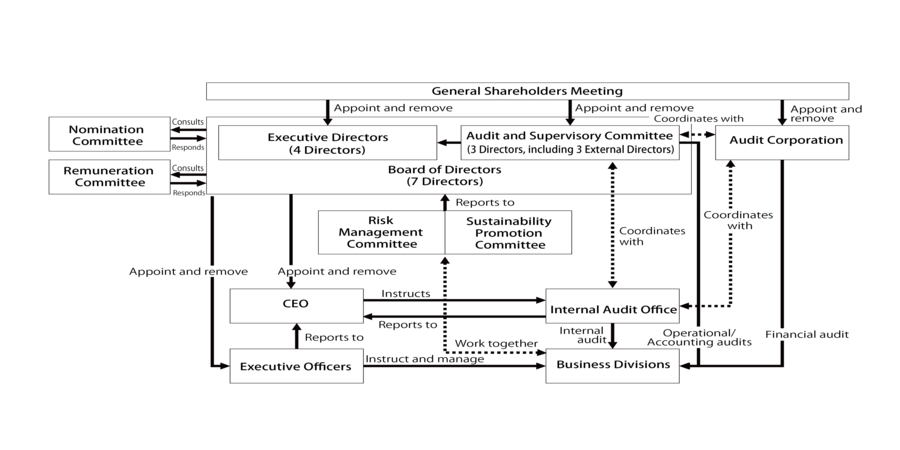
Environmental Committee
The Toridoll Group has established the Environment Committee, which is chaired by the General Manager of the Sustainability Promotion Department and whose members are department heads.
The Environment Committee is a subordinate organization of the Sustainability Promotion Committee, and is working to reduce environmental impacts such as reducing CO2 emissions, energy conservation activities, waste reduction, and recycling promotion as a response to climate change.
In addition, the committee establishes environmental targets and environmental action plans for each business year, and monitors and evaluates progress at monthly committee meetings. Activities are organized into projects for each theme, and each organization is working on them, but the Environmental Committee Secretariat is in charge of administrative work.
The CEO oversees environmental activities, including climate change response, through the above committee structure. More specifically, the CEO has the responsibility and authority to evaluate the effectiveness of environmental management led by the Environmental Committee and indicate any needed improvements through the Sustainability Promotion Committee that oversees it.
Environmental Management Section, Sustainability Promotion Department
The Toridoll Group has established the Environmental Management Section of the Sustainability Promotion Department as a dedicated organization for environmental themes including climate change. This section collaborates with business divisions to promote activities, conduct audits at stores, and coordinate activities with external partners to achieve environmental management targets.
Our Strategy
The TORIDOLL Group’s businesses are dependent on natural resources and climate change poses a major risk, but having an abundance of social capital in the form of stores also gives our Group opportunities to create new value.
Risks from climate change include material losses at stores and the halting of operations due to storms, higher costs due to carbon taxes, changes in consumer preferences, declining quality and fluctuating prices of raw materials, and unstable supply chains. Information on each identified risk is shared by the above committee, an overall plan is formulated, and related measures are implemented.
On the bright side, business opportunities can lead to resource efficiency improvements, innovations like new sustainability-oriented products and branch operations, and associated branding enhancements. To help improve business sustainability, differentiate ourselves from our competitors, and establish a competitive advantage, we plan to oversee a scenario analysis in FY2022 and conduct an even more detailed analysis.
Risk Management
The TORIDOLL Group has a Risk Management Committee, which is chaired by the CEO and includes directors, executive officers, Holdings division heads, presidents of domestic subsidiaries, and the chief division heads of overseas subsidiaries as members. The Risk Management Committee determines the priority level of a given risk, makes prompt decisions, and provides related instructions.
The Risk Management Section oversees the Risk Management Committee and answers to the Sustainability Promotion Department. This section provides consultation services to customers and employees, handles their accident reports, and gathers requests directly from stakeholders regarding risks and business opportunities. Which is how issues can be shared with the Risk Management Committee so quickly.
Indicators and Targets
TORIDOLL Group has set environmental management targets and is working to mitigate climate change.
Environmental management targets (Scopes 1 and 2)
・Total CO2 emissions: 150㏏-CO2 in 2025
・CO2 emissions intensity: 0.60t in 2025 - CO2/ million yen
Total for three companies: Marugame Seimen Co., Ltd., Niku no Yamagyu Co., Ltd., and Toridoll Japan Co., Ltd.
- We will continue to conduct investigations in relation to Scope 3 and work with stakeholders to reduce CO2 emissions.
Our Group will also expand on its energy conservation measures at domestic branches and promote new initiatives to achieve our environmental management goals. For example, adopting experimental ZEB* branches, which is considered difficult to do in the restaurant industry.
*ZEB: Abbreviation for “net zero energy building,” a building that uses solar power generation and other natural energy sources to reduce the net energy consumed by the building down to zero.
Classification | Category | Subcategory | Risk | Opportunity |
Transition risk | Policy & Regulations / Technology | Introduction of carbon tax | The introduction of a carbon tax increases costs by taxing each step of the value chain. | Taking the carbon tax into account with eco-friendly business practices and procurement of raw materials can improve resource efficiency. |
Compliance with Environmental Regulations | Complying with environmental regulations leads to increased costs. | Reduce the cost of legal compliance and encourage new policies by promoting the use of eco-friendly materials. | ||
Market / Reputation | Changes in Consumer Behavior | Changes in consumer behavior lead to a decline in sales. The brand image is damaged by not sharing information about environmental initiatives regarding products and services. | Take advantage of new market opportunities by developing new products and services that address consumers’ concerns about climate change. Improve the brand’s image by disseminating information on environmental initiatives. | |
Physical risk | Sudden | Increase in weather anomalies | Frequent extreme weather events cause damage to facilities and logistics networks, halting operations. | Use a BCMS (Business Continuity Management System) to minimize damage caused by extreme weather, resume operations quickly to curb sales losses, provide employment opportunities for local residents, and contribute to the economy of the affected region. |
Gradual | Increase in average temperature | Shortages in supply, price hikes, and quality declines due to reduced productivity of raw materials. Rising costs due to countermeasures against heat stroke and infectious disease, and reduced productivity due to declines in employees’ health. | Diversify suppliers for stable procurement, and take advantage of new market opportunities by developing new products and services with alternative raw materials. Increase employee productivity through better health management. |
Climate change initiatives
"ZEB" (Net Zero Energy Building) certified store
The Toridoll Group has developed a ZEB (Net Zero Energy Building) restaurant that uses natural energy such as solar power generation to reduce the balance of energy consumed by the building to zero.While there are very few examples of ZEB restaurants in the restaurant industry, we worked with our business partners to overcome various challenges, exploring solutions one by one, and made it a reality.
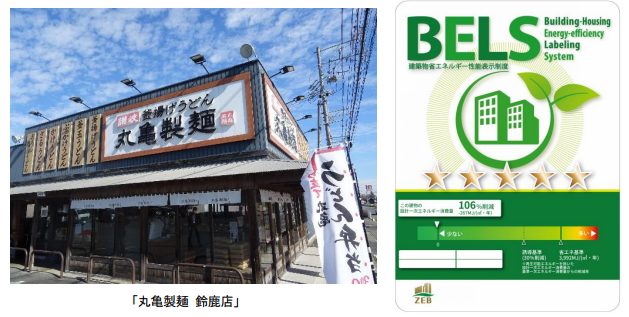
Proactive use of local ingredients in each country
The Toridoll Group believes it is important to build relationships of trust with local producers and agricultural cooperatives, and to give back to the local community. We are actively procuring local ingredients.
For example, Marugame Seimen in Japan uses wheat and kelp from Hokkaido, sudachi from Tokushima Prefecture, and domestic rice and radish. On the other hand, some Marugame Seimen stores in North America are promoting the use of ingredients from each country and region, such as using wheat produced in North America. In addition, such efforts to use the production area lead to a reduction in CO2 emissions generated during the transportation of raw materials.

Earth Hour is an environmental awareness event with over 1,000 participating stores worldwide
At the Toridoll Group, we value cooking at each store and providing freshly cooked food to customers, so the cooperation of store employees is essential to reducing our environmental impact. Employees are raising their environmental awareness by implementing the PDCA cycle using checklists that include the perspective of reducing environmental impact, such as Eco Action 21 and business manuals.
The Toridoll Group also participates every year in Earth Hour, one of the world's largest social good projects, in which people all over the world turn off the lights for one hour on the same day at the same time to demonstrate their commitment to protecting the global environment. In fiscal 2024, the Toridoll Group participated in a record number of events, with a total of 1,111 stores (11 domestic formats and 9 overseas formats) in 11 countries around the world turning off signs and other items at their stores. We will continue to work with our customers and other internal and external stakeholders to reduce our environmental impact.

[This page was last updated on January 30, 2026. The figures are for fiscal year 2024, but some of the initiatives include information for fiscal year 2025.
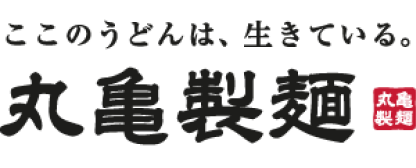


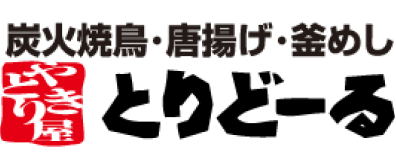
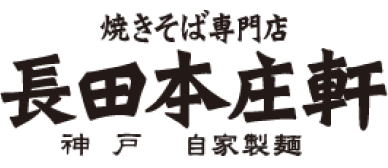

.png)


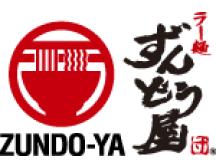

.png)


